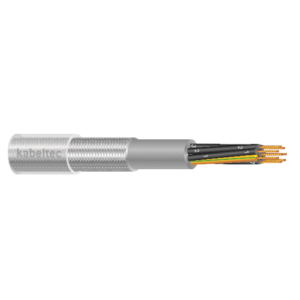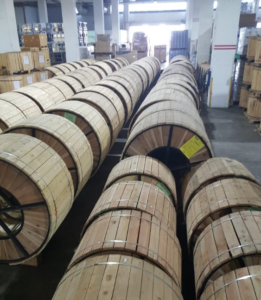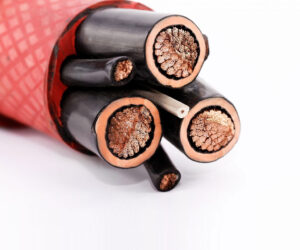Article -> Article Details
| Title | Gaining An Industrial, Composite, Power, Control, And Solar Cables |
|---|---|
| Category | Business --> Consumer Goods and Services |
| Meta Keywords | Cable & Wire, Cable supplier, Electrical cable, Composite cable, Power cable, Control cable, Data cable, Neoprene cable, Welding cable, Fiber optic cable, Solar cable, LAN cable, Coaxial cable, Flexible Cable, Industrial cable, Crane cable, Instrumentation cable, |
| Owner | Mohammed Yusri |
| Description | |
| Because they allow for the transfer and regulation of electricity, cables are vital in electrical systems and infrastructure. Every variety of cable, from composite to industrial, has its specific use. Redefining Versatility with Composite Cable This cable style is ideal for simplified installations since it combines power, control, and signal lines into one jacket. Composite Cable: Uses and Benefits Several sectors rely on composite cable, including IT, robotics, and infrastructure building. Their typical use is in:
Energizing the Global Community: Power Cable Carrying power from its place of origin to its many consumers, power cable are the backbone of electrical distribution networks. These wires can efficiently transmit electricity while withstanding large currents and voltages.
Variety of Power Cords Power transmission and distribution over long distances at voltages greater than 1 kilovolt (kV) requires a high voltage power cable. Medium Voltage Power Cable: Usually used for distribution at voltages between 1 kilovolt and 35 kilovolt in substations or industrial facilities. Power cables are essential to the operation of utility grids, transporting electricity from power plants to substations and, ultimately, to consumers. Low-voltage power cables are commonly used in residential, commercial, and industrial applications, and their voltages are below 1 kV. Solar and wind farms are examples of renewable energy projects that use power cables to link their sources to the grid. This allows for the seamless integration of clean energy into the power system. Applications in Industry: Power cables are essential for machinery, lights, and other equipment in industries, allowing them to run effectively. Managing the Cable: Accuracy in Transfer Machinery, equipment, and industrial processes rely on control cables to transfer signals for operation and control. In contrast to power cables, control cables are insulated to reduce electromagnetic interference and transmit communications with lower voltages. Uses for Solar Cable Solar cables allow off-grid power production and storage in isolated places or transportable applications like RVs and boats. Industrial Cable: Dependable Linkage for Challenging Settings Designed to endure the extreme mechanical stress and environmental variables often seen in industrial environments, industrial cable are built to last. They offer dependable power, data, and control connections in various industrial contexts.
Many Industrial Cable Types Cable with Armor: Armoured cables, with their protective metal coating, are perfect for outdoor and underground installations because of their increased resistance to physical damage and rodent assaults. Manufacturers have developed industrial-grade fibre optic cables to meet the demands of industrial automation and networking for fast data transmission over long distances with little signal loss. Industrial settings benefit from the versatility and convenience of installation offered by tray cables designed for cable trays, conduits, or raceways. Cable for Industrial Use To keep things clean and in line with regulations, hygienic industrial cables with antimicrobial characteristics are necessary in the food and drink processing and production industries. You can peruse this site for more details on the features and uses of industrial cables.
Conclusion Ultimately, many types of cables, composite, power, control, solar, and industrial, are used for different tasks in fields as diverse as telecommunications, renewable energy, and factory automation. To create efficient and dependable electrical systems, it is essential to understand the variations and uses of these cables. Whether for residential solar power or ensuring factories run smoothly, choosing the appropriate cable is crucial. | |




